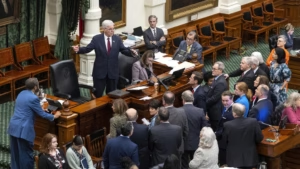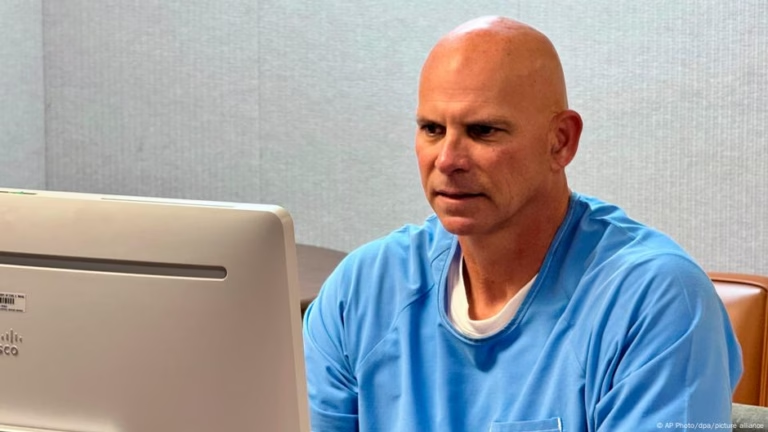Luke Hoss, at 23 years old, is poised to become the youngest member of the new Bundestag, representing the Left Party in the conservative region of Passau in Bavaria. Despite his youth, Hoss is committed to addressing poverty during his four-year term, and he plans to donate a significant portion of his parliamentary salary to those in need, social initiatives, and his party. He believes that political parties should focus on addressing the concrete problems people face, such as high rents, prices, and poor infrastructure. Hoss is among the 46 parliamentarians under the age of 30 in the Bundestag, which has 630 members following the recent electoral reform. The proportion of young women and men in the Bundestag has slightly increased to 7.5%, though it still lags behind the 13% of young voters in the election. Hoss argues that if more young people were elected, the parliament would likely make different decisions, as young people are best positioned to represent the issues affecting their peers.
The new Bundestag also sees a slight decline in the representation of women, with only 32.5% of members being female. This underrepresentation is partly due to the conservative Christian Socialist Union (CSU) and the far-right Alternative for Germany (AfD) winning many seats without implementing a women’s quota. Ursuala Münch, director of the Academy for Political Education, notes that while there is a disparity in the representation of women in politics, this does not mean the Bundestag must precisely mirror German society, but instead must effectively represent the concerns of all citizens.
Academics are overrepresented in the Bundestag, with one in five members being lawyers. This reflects the parties’ schedules and requirements, which often favor individuals who can manage their time more flexibly, such as academics. In contrast, the working class representation in the Bundestag has decreased over time, with working class MPs now making up only 3%. This shift away from a working-class base is also visible in the center-left Social Democrats, who once represented the working class but have seen their membership evolve into a more academic and professional profile.
Immigrants are also underrepresented in the Bundestag, with 73 out of 630 members having non-German roots, amounting to 11.6% compared to their 14.4% representation among the electorate. The Green Party has the highest proportion of MPs with immigrant backgrounds, while the AfD has the lowest. This gap in political representation is seen as a democratic deficit by Didem Lacin Karabulut, who emphasizes the importance of including all groups equally for a strong democracy.
Racism and hostility further deter individuals with immigrant backgrounds from pursuing political careers, with the rise of the anti-immigration AfD contributing to concerns about social and political climate. Despite these challenges, there is an increasing number of self-confident individuals with immigrant backgrounds who are striving to pursue political careers. This article highlights the ongoing challenges and the importance of representation in ensuring that the Bundestag reflects the diversity of the German population.
Source: https://www.dw.com/en/germany-s-new-parliament-has-a-diversity-problem/a-71776645?maca=en-rss-en-all-1573-rdf







